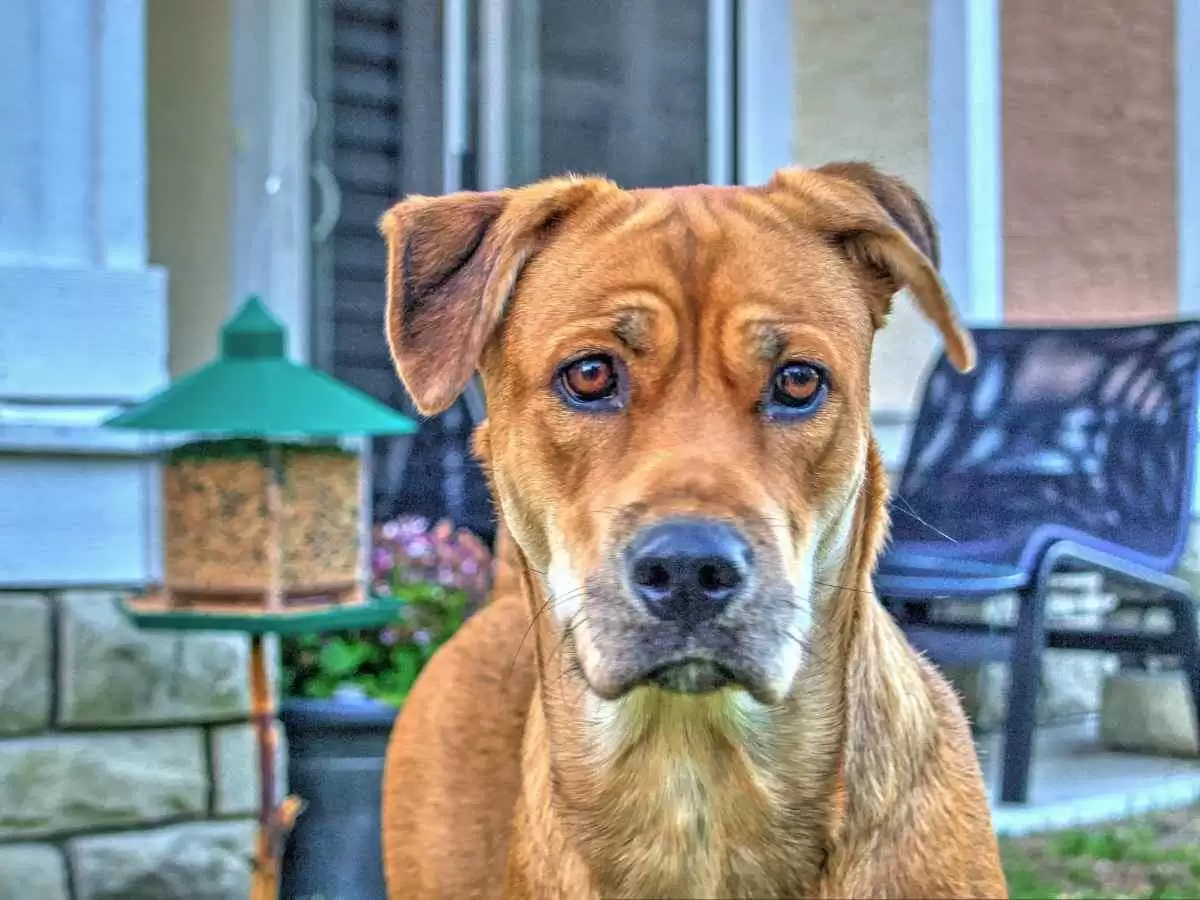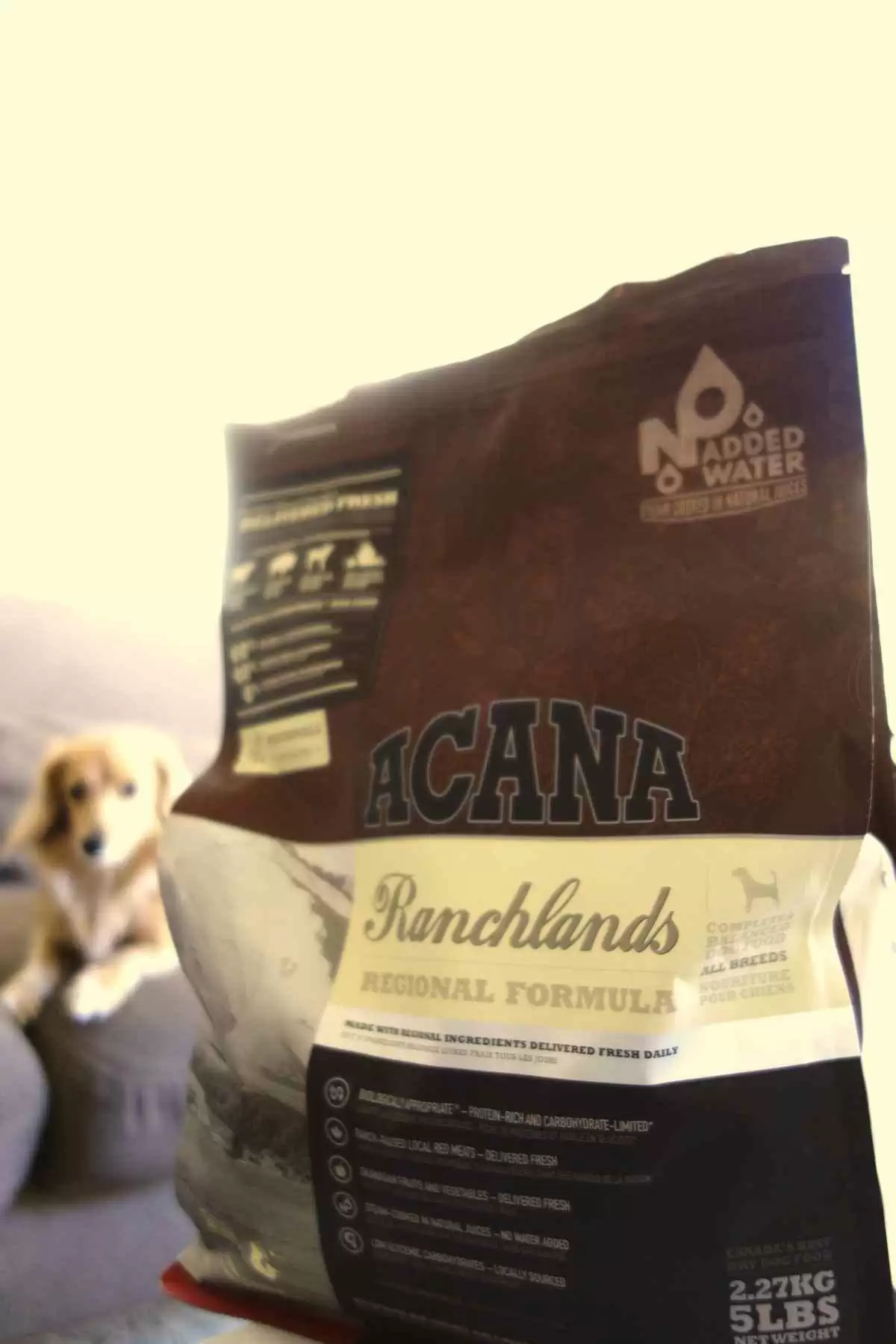.webp.f5a77a48246f9c753b586431f828abcf.webp)
Celiac.com 02/07/2011 - Maintaining a diet completely free of gluten can be a challenge for celiac disease patients, especially when it comes to avoiding cross-contamination. Currently there is only one treatment for celiac disease, an autoimmune reaction caused by exposure to gluten, a protein found in wheat, barley, and rye—and this treatment is the elimination of gluten from the diet. Despite our best efforts, gluten can sneak its way into our food, making us quite ill. While home testing kits are available to test food for gluten, these can be an inconvenience when dining out and can only detect 10 ppm of gluten or more. A recent article published by USA Today has made waves in the gluten-free world, making us aware of another method of testing for gluten—using gluten-detecting dogs.
The article featured Hollie Scott and her dog, two-year-old Elias, a Beaceron who is also an AKG Grand Champion. Hollie Scott is a celiac whose reaction to gluten is particularly serious; even just the tiniest amount of the substance in her food can give her the symptoms of a severe stomach flu for several weeks. Scott attends the University of Missouri, where her dog attends classes and social functions with her and keeps her company at restaurants and on buses, trains, and airplanes.
Celiac.com Sponsor (A12):
Elias was trained in Slovenia over the course of many weeks for his gluten detection training. Now he has the capability of detecting gluten in all sorts of hot and cold foods. According to USA Today, “Teaching a dog to be alert to the scent of gluten is much more complicated than most scent-detection training, because gluten comes in so many forms.” Gluten can appear in bread and cereal products and can be processed in many different ways. It can also appear in less obvious products as binders or thickeners, in foods such as salad dressing and even in products such as Play-doh and lipstick.
How does Elias do his job? Scott places a cover punctured with holes over the item while Elias sniffs it. Scott also practices with him on a daily basis, giving him gluten-containing items to test for her. When Elias detects gluten, he pulls the item away, and if there’s nothing to worry about, he looks away. Getting a gluten-detection dog may not be an option for many of us celiacs, but vigilantly reading labels, contacting companies, and clearly communicating with servers, chefs, and hosts can greatly reduce the risk of cross-contamination. Another option is a testing kit such as EZ Gluten® by ELISA Technologies, which is sensitive enough to detect 10 ppm in your food. Unfortunately, as USA Today says, “even hyper-vigilance isn't a 100% guarantee.” If you are particularly sensitive to gluten, as is Scott, getting a gluten-detection dog may be a smart idea. Perhaps in the future, gluten-detection dogs may be more widely used.
With an increase in research and awareness, we have not only witnessed an increase in celiac disease diagnosis, but also several advancements, for instance the availability of products such as home gluten testing kits, home celiac testing kits, and gluten-digesting enzyme formulas, which have all contributed toward making gluten-free living less of a challenge. Gluten-detecting dog training is yet another advancement, which I hope will have a positive impact on the lives of severe celiac cases such as Hollie Scott.
Resources:
- ELISA Technologies: EZ Gluten® http://www.elisa-tek.com/ez%20gluten.htm
- Gluten Free Society: Gluten Detecting Dogs http://www.glutenfreesociety.org/gluten-free-society-blog/gluten-detecting-dogs/
- Two Little Cavaliers: Gluten Detection Dog http://blogs.dogtime.com/two-little-cavaliers/2011/01/gluten-detection-dog
- USA Today: Pet Talk: Show dog knows his business, and his gluten http://www.usatoday.com/yourlife/pets/dogs/2011-01-11-pettalk11_ST_N.htm










Recommended Comments